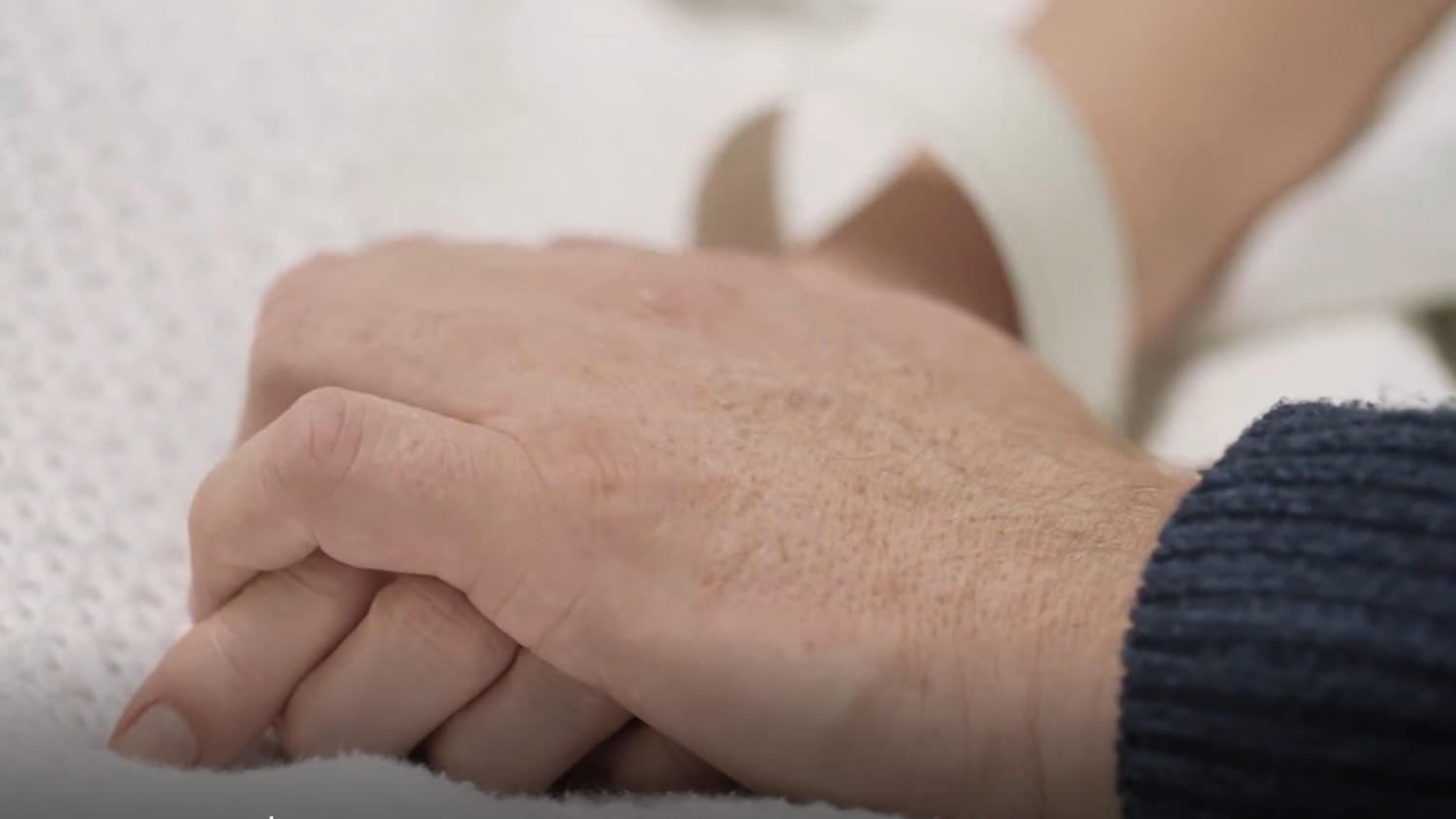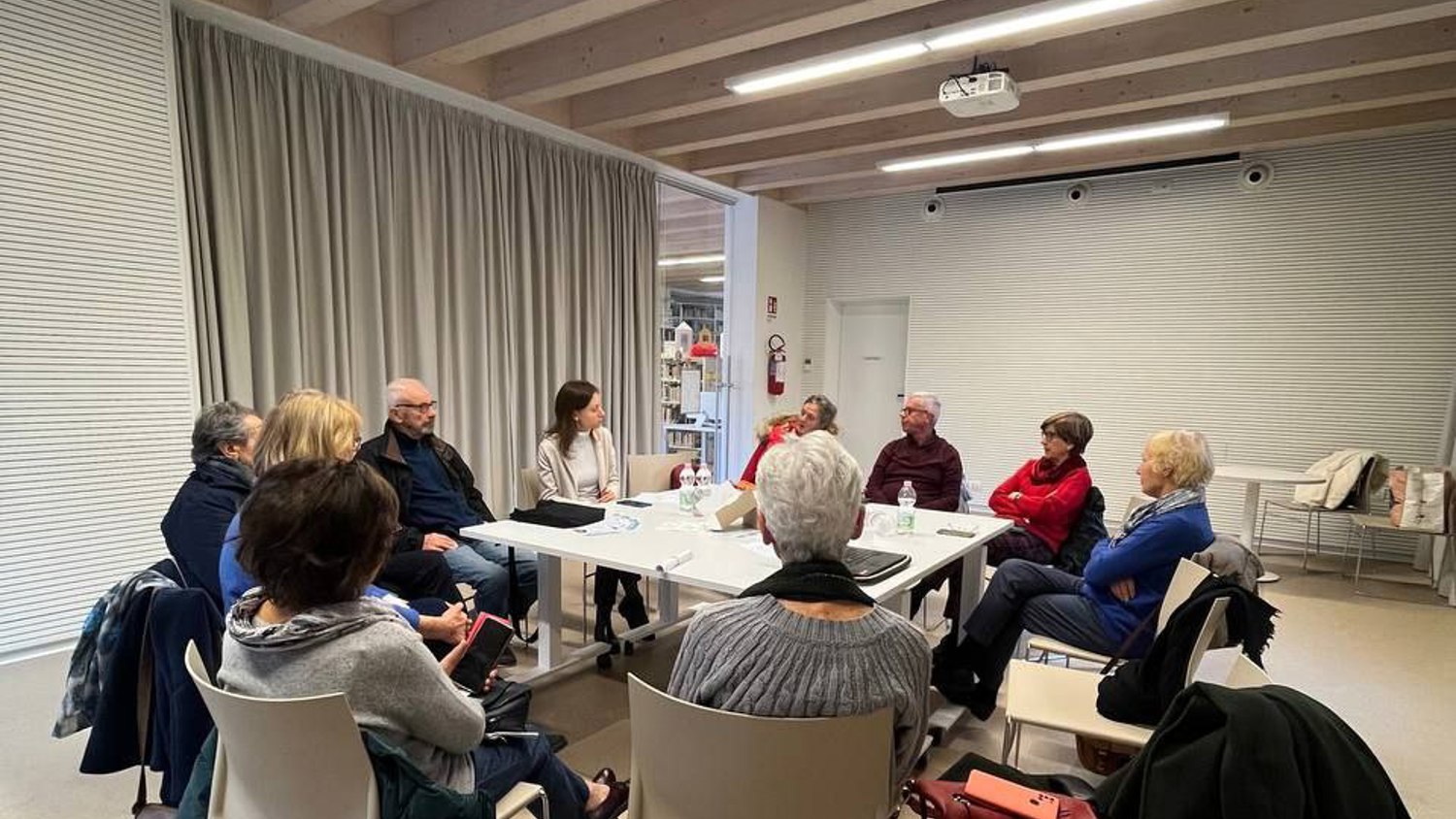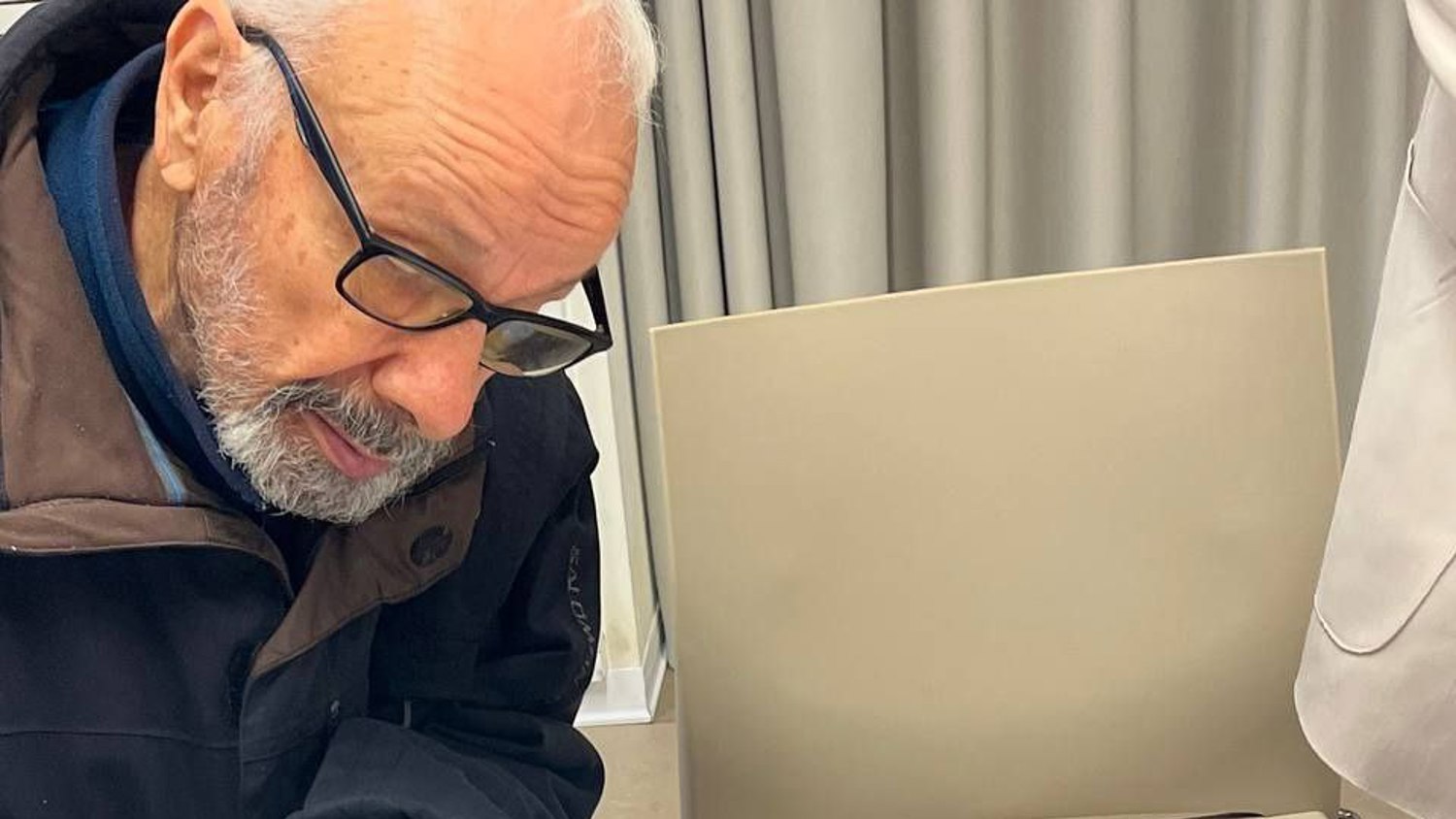
Transforming elderly care in rural Italy with digital solutions
In 2021, the SI4CARE project brought ground-breaking telemedicine solutions to the Reventino-Savuto area in Calabria, southern Italy. Here, small villages with populations ranging from just 255 to a few thousand face limited healthcare access, due to a shortage of doctors. To address these barriers, SI4CARE leveraged telemedicine and tele-assistance, allowing healthcare providers to remotely monitor elderly patients through digital tools.

Dr. Francesco Esposito, a dedicated rural doctor in Miglierina, has witnessed first-hand the transformative impact of the SI4CARE project. Collaborating with the University of Ljubljana and partners from across the Adriatic-Ionian region, he and his team introduced wearable sensors and electronic bracelets in 2023 that monitor vital health indicators like heart rate, oxygen levels, and mobility. 'Our patients now feel a sense of reassurance,' Dr. Esposito shares. 'Even though they live far from hospitals, they know help is close at hand if needed.'
With the support of Interreg, SI4CARE has enabled Dr. Esposito and his colleagues to bring consistent, high-quality care to communities where healthcare resources are often stretched thin. Building on the success of SI4CARE, the project has paved the way for a new healthcare centre dedicated to dementia patients, funded by Italy’s National Cohesion Funds. In the small village of Miglierina, with just 720 residents, Mayor Guzzi Haram saw an opportunity to make a meaningful impact. 'SI4CARE has created a spillover effect,' he explains. 'Our collaboration with larger institutions beyond Italy has shown that even a small village like ours can play a critical role in advancing healthcare practices.' Through this new centre, Miglierina is setting an example for other rural communities, demonstrating how local initiatives supported by transnational cooperation can enhance care for the elderly in underserved areas.
Hybrid home care: a model for the future
Building on past successes and addressing the ever-growing need for sustainable elderly care, the PROCAREFUL project in Silea, Treviso, focuses in 2024 onwards on advancing home care services for seniors, particularly those aged 55 and older. As the demand for elderly care solutions continues to rise, PROCAREFUL is stepping in with a hybrid home care model that integrates digital tools like artificial intelligence. This approach proactively detects early signs of cognitive and physical decline, offering timely interventions that support seniors in staying healthier and more independent.
Mara Murador is a caregiver in Silea. Using PROCAREFUL’s digital platform, she can now create personalised care plans tailored to each individual’s needs, providing essential support that allows older adults to stay independent and socially connected. 'This collaboration truly enhances the level of care we can offer,' she says. 'It makes our work more efficient and creates a sustainable, long-term solution for our aging population.' By working closely with local partners and community members, Mara feels proud to be part of a project that is setting new standards for elderly care in Italy and beyond in other central European cities like Stuttgart in Germany or Lublin in Poland.
Italy's collaboration in Interreg projects is helping improve elderly care across Europe
Together, SI4CARE and PROCAREFUL illustrate how Italy is leading the way in digital health transformation, ensuring that even the most remote communities can access the healthcare they deserve.
By joining forces across Interreg projects, Italy is not only addressing immediate healthcare challenges but also setting a sustainable path forward for elderly care across Europe.



